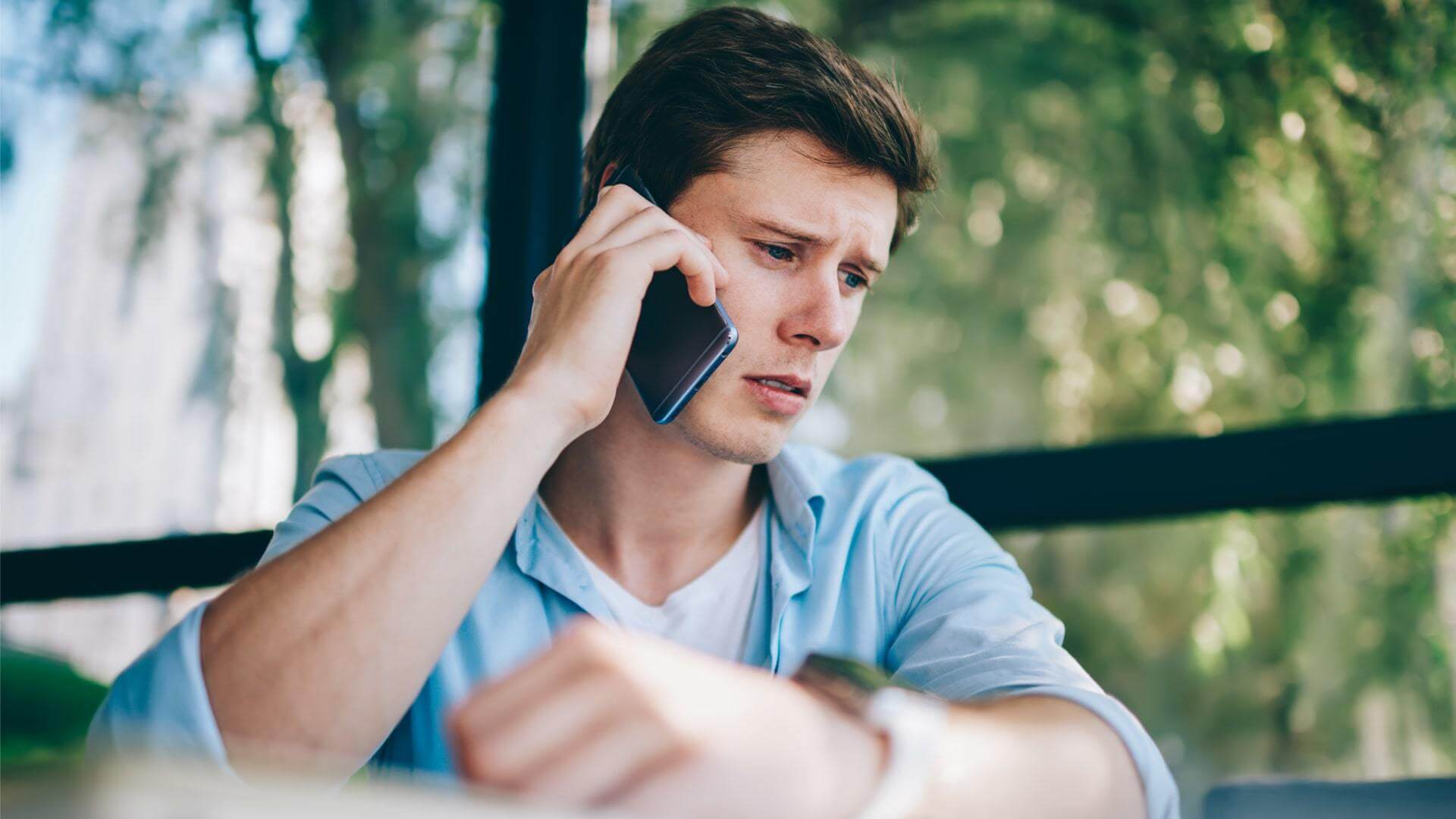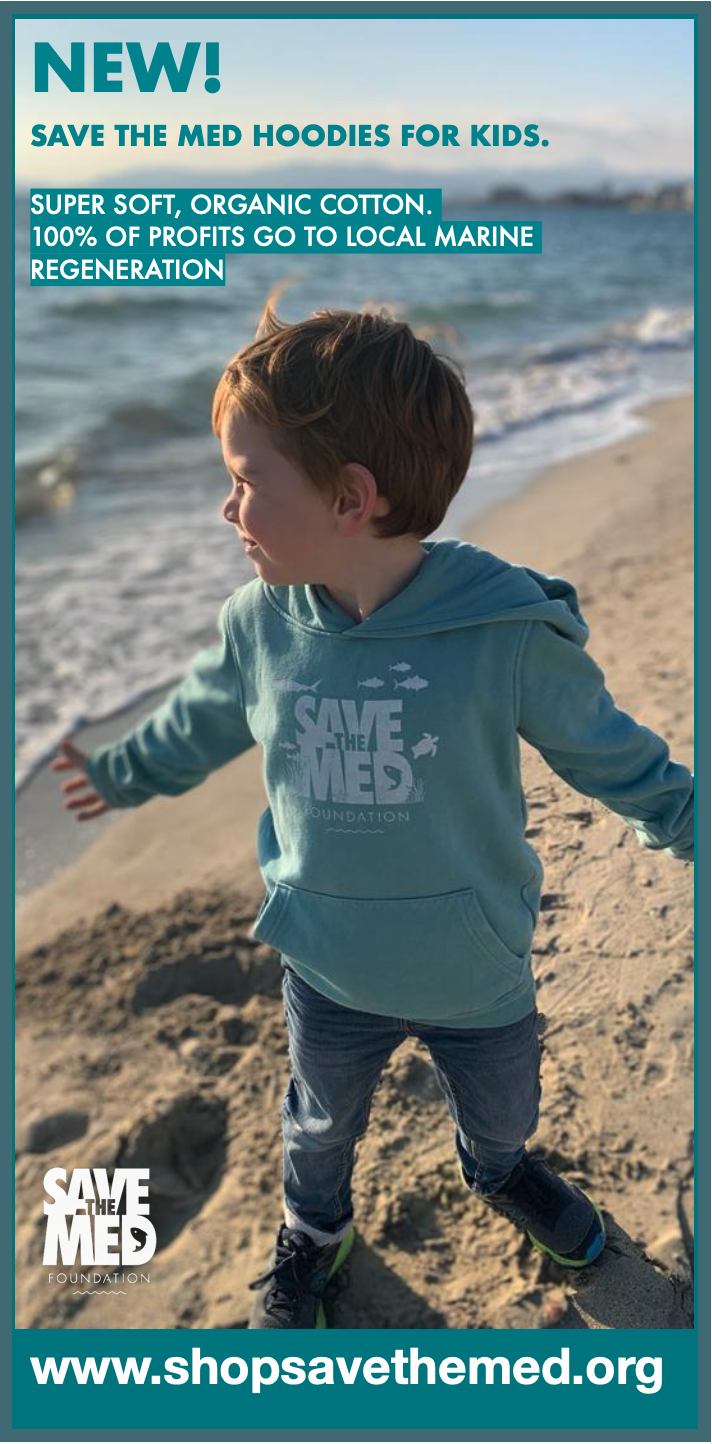Being prepared does not make you a fearmonger. You are able to meet all conditions as they come, not as you want them to be.
This article is not exclusively about how to deal with the COVID-19 epidemic but covers emergency situations as they may occur in the wake of catastrophic events in general. For more specific information about the coronavirus click here>>
When in October 2018, heavy floods tore away parts of beautiful San Llorenc d’es Cardassar people from all over the island came to the help of the villagers bringing food and blankets and what else was urgently needed. Every year, the island sees forest fires devastating whole areas and sometimes threatening or even destroying the homes of people.
If a power outage strikes part of the island which happens quite often after heavy storms or tornadoes hit the island, people step out of their houses to ask what’s wrong and trade candles and torchlights and, if it lasts longer, use the generators or gas cookers available in the neighbourhood to get all the kids in the street a warm meal. Emergency situations and catastrophic events are an unavoidable part of everybody’s lives. Now, with COVID-19, we are facing a virus epidemic of a scale hitherto unknown to mankind. And the big question is: How Can we Prepare.
Even the sudden loss of a job or the sudden drop in currency rates is catastrophic for many of us. For safety measures to protect you and your loved ones against contagion read this article>>
Keep Stocked-up
In times of the coronavirus epidemic, news reports of empty supermarket shelves (and seeing them with your own eyes) probably make you wonder what to put in your shopping cart to make sure you and your family can survive, say, a 14 days period of being locked up in your house. An the more pressing question seems to be: will I be able to get the food I need to buy? The reassuring news is, yes you can – if not at your local supermarket then from internet sources and have it home-delivered.
Please, keep in mind that COVID-19 does not affect food production chains and the authorities will do everything in their power to keep transportation routes open for deliveries. Even in times of curfew people are still allowed to go and buy food and other vital supplies. Please, refrain from raiding supermarket shelves, and apart from stocking up for a few days more than usual, don’t buy things you wouldn’t normally get or use.
Friends in Italy report that after the first run on shops and raided shelves, supplies are now almost back to normal (as of this writing, March 14th, 2020), so yes, we might all need a bit of patience, but there is no need to panic.
Whether in times of an epidemic or in the face of natural catastrophes, these are our recommendations to be prepared:
Water #
The recommended intake of drinking water per day is 2 litres per person. Depending on how much storage space you have, for emergencies count in a minimum of one litre of drinking water per day per person in your household. And in case you run out: EU standards for tap water should make it safe to drink, but if you don’t trust it you can always boil it. Also, if you don’t have a filter system to make your own drinking water yet, this might be a good moment to get one installed. Read all about drinking water here>>
A lack of hygiene is an important factor in the propagation of epidemics and disease, so water is also needed for an adequate hygiene. We take it for granted to have our daily shower, to be able to brush our teeth - and to wash our hands, which is the most important recommendation when it comes to minimizing the risk of contagion. In wake of catastrophes, however, water supply might be cut off for hours if not days. In rural Mallorca, many houses have their own water tanks which makes it relatively easy to tide over shortages – under the condition, however, that you never let it run low, and that you have a sufficiently wide access opening to be able to pull up water in a bucket in case power outages which would mean: no water pump!
If you are less fortunate and don’t have a tank, think of filling up every bucket you have in the house during the hours when you do have water running from the tap. Don’t forget you will need water for the toilet, too.
In any case, make sure to use water sparingly. Wiping plates and cutlery with kitchen paper or the paper napkins you used during your meal saves a lot of water when doing the dishes! Ans although we at Affordable Mallorca are very much in favour of reducing the use of plastic to a minimum we do recommend to use disposable plates, cups in times of water shortage (best buy waxed paper ones).
Keep Your Medicine Chest Up-to-Date #
There are situation when you have to react quickly – a household accident, an injury when doing gardening work, a medical emergency. So, don’t use your medicine chest as a dump for half-used prescription drugs long run out of date. Once drugs are past their expiry dates they don’t only loose effect, but can sometimes become outright dangerous to use. So, check the content or your cabinet regularly to make sure you have everything you need and is up to date. Make sure to keep it out of children’s reach and in a cool and dry place (the bathroom is not ideal!)
This is what your medicine chest should contain:
- Your personal medicines as prescribed by your doctor
- Cold remedy
- Painkiller and antipyretic (such as paracetamol)
- Anti-diarrhea, anti-nausea and anti-emetic tablets
- Electrolytes to balance losses through diarrhea
- A gel to treat insect bites and sunburn
- A fever thermometer
- Tweezers to remove splinters
- Skin and wound disinfectant
- Bandages, band aids and scissors (First aid kit for cars contain everything you need)
Be Prepared for Power Outages #
Most of us are not aware of how much we depend on electricity in our modern lifestyle until there is a power outage: No phone once the battery is dead, no heating, no hot water, no computer, no coffee maker, no fridge, no hob, no microwave, no water cooker, no light - the list could go on and on … Normally, the power will come back on after a few hours, but in the wake of catastrophic events it can take days to repair damages. This is how you prepare:
- Light: An absolute must-have in your emergency stock are candles, matches and/or lighter, one or two good LED torches including batteries, or, better still, get the smart ones with a twist mechanism that don’t need batteries.
- Heating: Fortunately, this is not the main problem for most of the year on Mallorca. However, during the cold season you’ll need warm clothes and blankets – and if you are lucky enough to have a fireplace or stove, make sure to always have a pile of firewood ready.
- Cooking: A camping cooker is useful to boil water for tea and prepare simple meals. Of course, you can also use your barbecue set, but make sure never to do it indoors. There is a risk of suffocation!
- Mobile phones: Get a solar-operated battery charger to make sure you won’t run out of power.
- Money: Remember ATMs won’t work during power outages, so better have a sufficient amount of cash in the house.
- Batteries: In case of a power outage you’ll be very grateful to be able to whisk out an assortment of spare batteries of different sizes.
Getting Packed #
In case of an evacuation you might not be given more that ten or fifteen minutes to get packed – not a lot of time to start thinking about what to take. Better make a list now. These are our recommendations:
- Don’t take more than what fits into a backpack per family member (take a backpack, not a suitcase to have your hands free!)
- Your emergency pack should contain no more than you need for two to three days.
- First-aid kit with personal medication
- Battery-operated radio set
- Document folder (see below)
- Some food that doesn’t need neither refrigeration nor cooking
- Water bottle, cutlery
- Torch, sleeping bag or blanket
- Clothes and hygiene products for a few days
- Depending on the time of year: warm jacket, sensible shoes
- ID, money, valuables (don’t take anything bulky)
- Paper and pen
- Mobile phone with camera
- If it’s a question of life or death to get out of harms way as quickly as possible, don’t take anything. Just go.
Have Important Documents Ready #
Imagine there was a fire and you had to evacuate your house quickly. Have important documents in a folder ready to grab and run. Also, it’s a very good idea to keep a set of certified copies of all the documents stated below at somebody else’s house, whether it be family, friend, lawyer or notary – or better still, use online document storage. If you are interested in setting up document storage, please contact us at
This is what you should have in your folder:
- Family documents - birth, marriage, death certificates
- Banking and insurance documents
- Income and pension statements and tax return notice
- School & training certificates, diplomas, job references etc.
- Documents related to property purchase and ownership
- Rental agreements and leasing contracts
- Testament and powers of attorney
- ID card, passport, driving licence
- Vaccination record
Communication Plan #
In case of flooding or forest fires, parts of the population might get cut off from the outside world for a while. To be able to receive warnings and information can be of vital importance during those times. TV and internet will not work if power lines are interrupted, so make sure you have a battery-operated radio (plus spare batteries) in your house. It might be your only means of communication.
Have an emergency communication plan in place: How will you contact your family members if something happens and you're separated? Share your emergency plan with neighbours, friends and relatives so they know how to contact you if the power goes out.
Make sure to have conversations with family, friends and co-workers about being in touch in the event of an emergency. This helps them and you. Usually, one major person and one back-up is sufficient for the necessary legal documents. However, it’s a good idea to do the following:
- In case of emergency contact on your mobile phone with the First Name: ICE or UCI
- Keep this person’s contact details in your wallet with your money
- Social Media – have private groups or pages with a core group that supports you and visa versa. This is the key to not feeling alone in case of trouble.
- Old fashion phone tree: talk to friends about making a phone tree. If you have a list of 10 friends and neighbors, the top two call the next two and so forth. This way, no one person is overly burdened and all are informed.
Final Notes #
In case of an evacuation, it might be too late to do anything but run. So, have an ID capsule with name, address and mobile number ready for each of your kids and pets so they can be tracked back to you in case you’d get separated. If you failed to do so, use a biro to at least write your mobile number in your kid’s palm.
Sources
- https://www.fema.gov/blog/2015-04-29/everyone-must-be-prepared-emergencie
- https://www.beprepared.com/
- https://www.bbk.bund.de/DE/Home/home_node.html
#BePrepared #Emergencies #Evacuation #Flooding #Fire #Corona #COVID19 #Epidemics #Mallorca
Por Ulla Rahn-Huber
31 diciembre, 2020


















